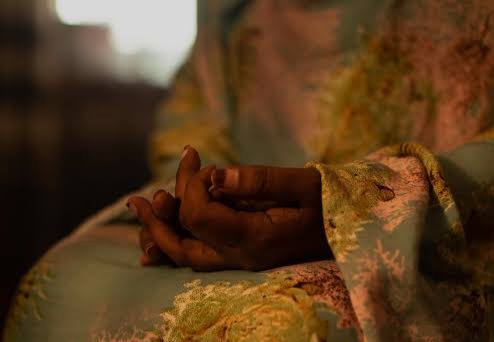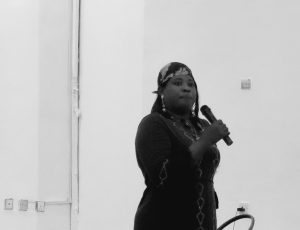Survivors of Female Genital Mutilation (FGM) are transforming their personal trauma into powerful advocacy, determined to end a practice that continues to scar millions of Nigerian women and girls.
At a two-day media dialogue in Benin, organised by the Oyo State Ministry of Information and Orientation in collaboration with UNICEF, survivors and campaigners shared emotional testimonies about the devastating impact of FGM.
Bridget Omogbode, 56, a former FGM practitioner who cut girls for more than three decades, admitted to mutilating even her own daughter, a decision that fractured their relationship.
Today, she campaigns vigorously against the practice, warning that its wounds are both physical and psychological.
Another survivor, Blessing Ogo, described her experience as “traumatizing,” saying FGM robbed her of the ability to enjoy intimacy. She insisted that parents who subject their daughters to the procedure should face prosecution.
For Doris Okotoh of Igueben, Edo State, the discovery that she was cut as an eight-day-old baby was life-changing. Rejecting the cultural myths used to justify the practice, she stressed: “FGM does not prevent promiscuity; it robs women of their dignity.”
In one of the most harrowing accounts, Patience, a mother of six, broke down in tears as she revealed how FGM ruined her marriage and left lasting regrets after she cut three of her five daughters. Financial hardship, she admitted, was the only reason the other two were spared.
The fight is not being left to women alone. Pastor Ken Izah of the Ark of Refuge Christian Center, Benin, told participants that FGM has no biblical basis, calling it “despicable.” He pledged to continue using his pulpit to challenge the practice.
Nigeria ranks third globally in FGM prevalence, after India and Bangladesh, with over 20 million women and girls affected. Experts warn that unless action is accelerated, the psychological and economic cost could rise by 50 percent before 2030.










